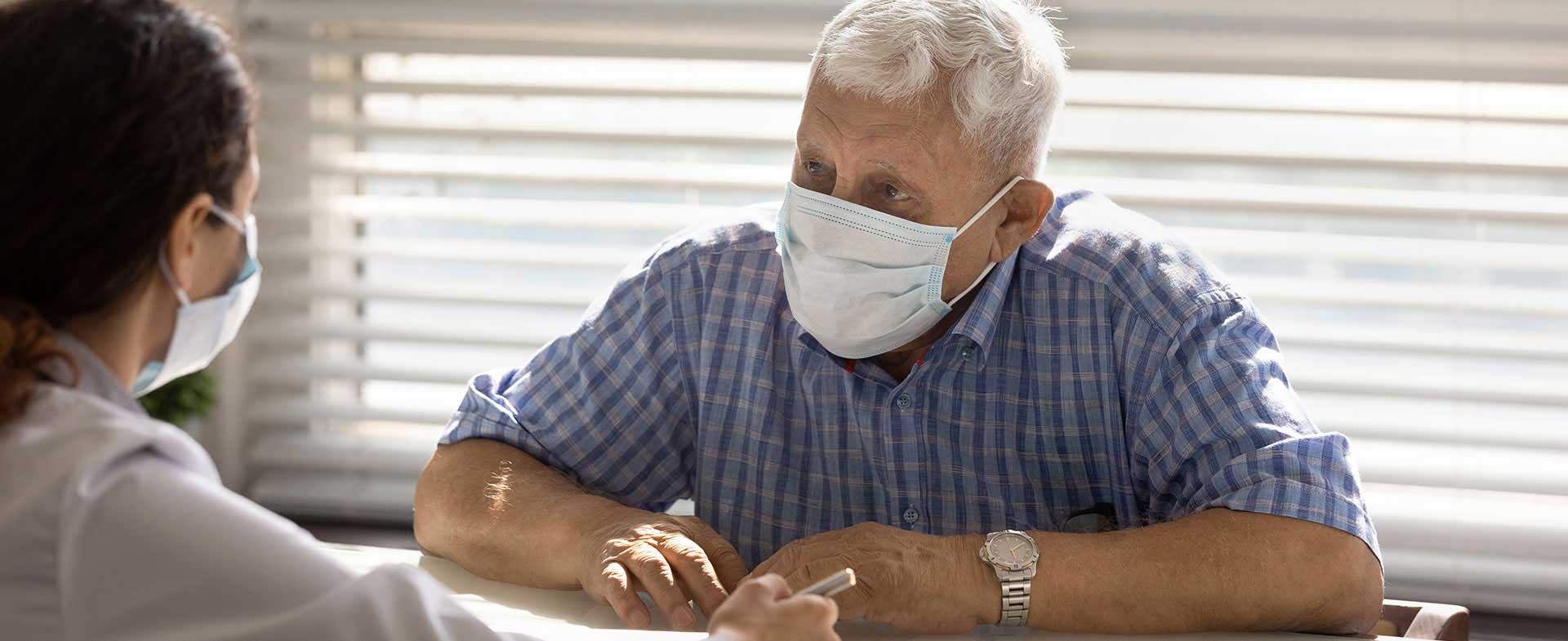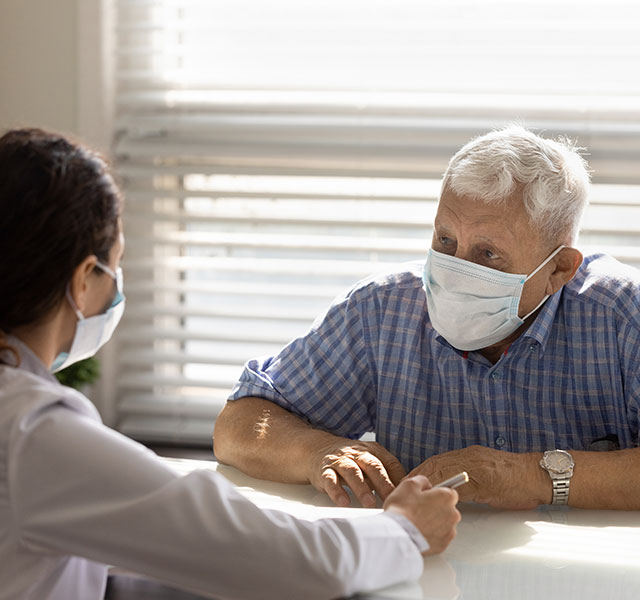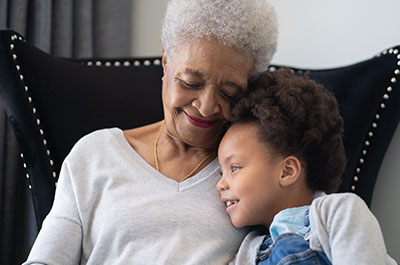Undergoing cancer treatment is difficult, to say the least. It can be especially difficult when you’re undergoing chemotherapy or radiation for head and neck cancer, because treatment often comes with so many disturbances to your daily life.
“Because of the location of head and neck cancer, treatment interferes with a lot of the things that make us human: it can make it difficult to breathe, speak, eat, swallow and chew,” says Olga Slavin-Spenny, Ph.D., a clinical head and neck psych-oncologist at Henry Ford Health. “When you can’t do these things, you withdraw from life. That’s a natural reaction—why would you want to go out and do things you can’t enjoy? But when you withdraw, you experience fewer positive events. You aren’t experiencing joy or connection with people. And because of this, people who have head and neck cancer are more likely to have depression or anxiety and have higher rates of suicide compared to the general population and others with cancer.”
How A Clinical Health Psychologist Can Help
Because the road to recovery can be long and arduous, it’s important to have someone who can help you get through treatment. “It’s a physical and mental game—you need stamina to persevere,” says Dr. Slavin-Spenny. “You might have the coping tools you need to face life, but you might not have the coping tools you need to face cancer. My role is to share with you those tools you can use to face cancer.”
Coping skills Dr. Slavin-Spenny uses include:
- Relaxation skills (including breathing techniques and muscle relaxation)
- Mindfulness skills (ways to ground yourself and bring your attention back to the present moment; not getting stuck in the “woulda/coulda/shoulda’s” or “what if’s”)
- Increasing awareness and tolerance of your thoughts and feelings, no matter what those thoughts or feelings are
- Sharpening communication skills (with partners, caregivers, friends, acquaintances) and being assertive in asking for what you want or need
- Focusing on self-care (sleep, nutrition, exercise and self-compassion)
- Cognitive reframing (for example, instead of feeling like you’re being a burden, feeling like you’re giving others the gift of being able to assist you so they feel less helpless)
Dr. Slavin-Spenny also talks to patients about logistical support: who will get you back and forth to treatment? What happens when you can’t be physically busy during treatment?
"I also help patients understand the medical system they’re about to be launched into,” Dr. Slavin-Spenny adds. “And I help the rest of their medical team understand each individual patient and the support system they’ll be working with.”
Seeing a psychologist or therapist into head and neck cancer survivorship is also important. “We know there’s an emotional and physical low point about one month after treatment has been completed, when patients are still experiencing difficult effects from treatment but don’t have the ‘full-time job’ of going to treatment daily or seeing their medical team regularly,” says Dr. Slavin-Spenny. “We help them get through this very challenging period to come out on top.”
Subscribe to receive a weekly email of our latest articles, including more on coping with cancer.
To make an appointment with a cancer specialist, visit henryford.com/cancer or call 1-888-777-4167.
Olga Slavin-Spenny, Ph.D., is a clinical head and neck psych-oncologist who sees patients at Henry Ford Cancer - Detroit.



